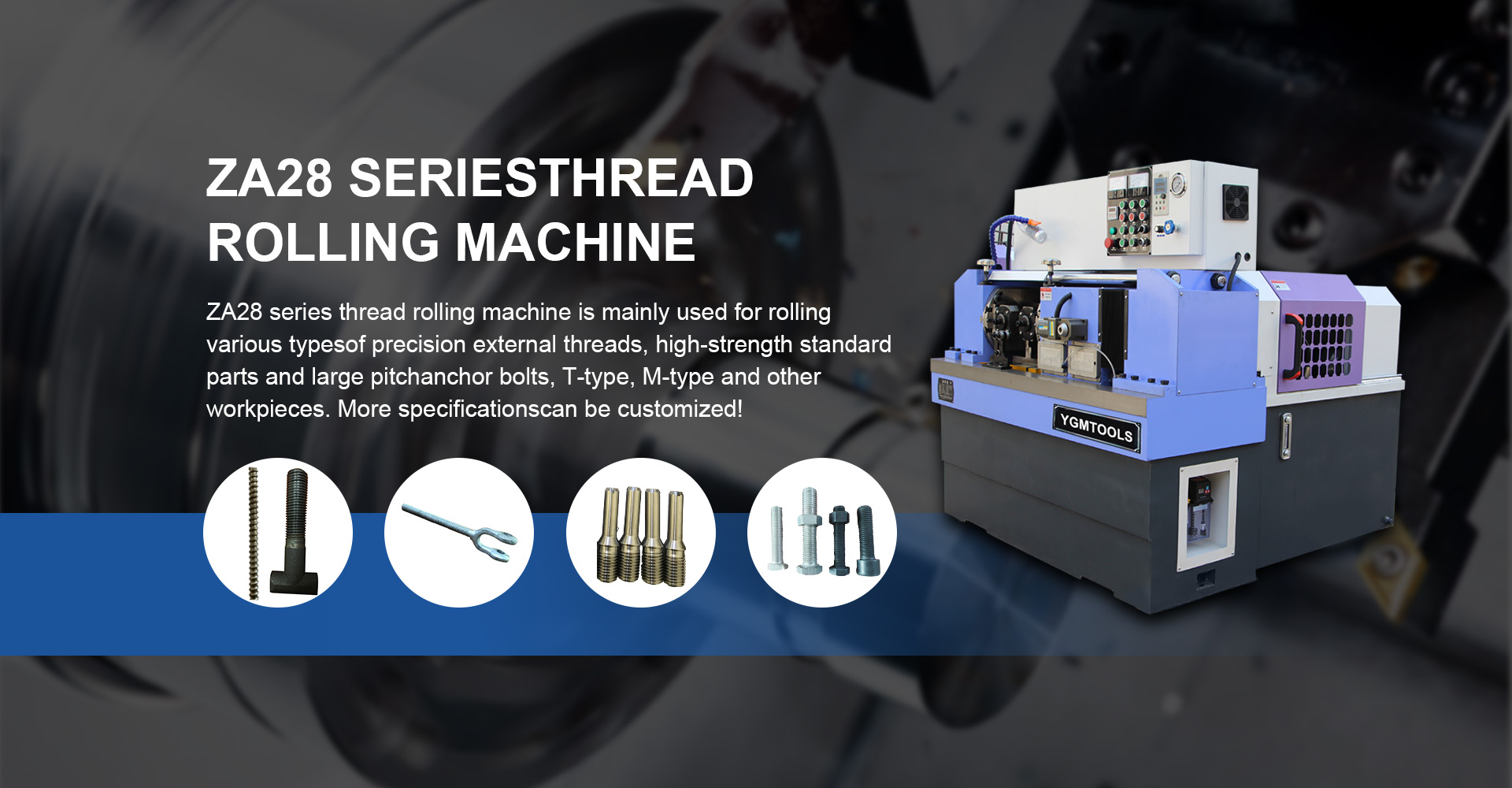
-
 Afrikaans
Afrikaans -
 Albanian
Albanian -
 Amharic
Amharic -
 Arabic
Arabic -
 Armenian
Armenian -
 Azerbaijani
Azerbaijani -
 Basque
Basque -
 Belarusian
Belarusian -
 Bengali
Bengali -
 Bosnian
Bosnian -
 Bulgarian
Bulgarian -
 Catalan
Catalan -
 Cebuano
Cebuano -
 Corsican
Corsican -
 Croatian
Croatian -
 Czech
Czech -
 Danish
Danish -
 Dutch
Dutch -
 English
English -
 Esperanto
Esperanto -
 Estonian
Estonian -
 Finnish
Finnish -
 French
French -
 Frisian
Frisian -
 Galician
Galician -
 Georgian
Georgian -
 German
German -
 Greek
Greek -
 Gujarati
Gujarati -
 Haitian Creole
Haitian Creole -
 hausa
hausa -
 hawaiian
hawaiian -
 Hebrew
Hebrew -
 Hindi
Hindi -
 Miao
Miao -
 Hungarian
Hungarian -
 Icelandic
Icelandic -
 igbo
igbo -
 Indonesian
Indonesian -
 irish
irish -
 Italian
Italian -
 Japanese
Japanese -
 Javanese
Javanese -
 Kannada
Kannada -
 kazakh
kazakh -
 Khmer
Khmer -
 Rwandese
Rwandese -
 Korean
Korean -
 Kurdish
Kurdish -
 Kyrgyz
Kyrgyz -
 Lao
Lao -
 Latin
Latin -
 Latvian
Latvian -
 Lithuanian
Lithuanian -
 Luxembourgish
Luxembourgish -
 Macedonian
Macedonian -
 Malgashi
Malgashi -
 Malay
Malay -
 Malayalam
Malayalam -
 Maltese
Maltese -
 Maori
Maori -
 Marathi
Marathi -
 Mongolian
Mongolian -
 Myanmar
Myanmar -
 Nepali
Nepali -
 Norwegian
Norwegian -
 Norwegian
Norwegian -
 Occitan
Occitan -
 Pashto
Pashto -
 Persian
Persian -
 Polish
Polish -
 Portuguese
Portuguese -
 Punjabi
Punjabi -
 Romanian
Romanian -
 Russian
Russian -
 Samoan
Samoan -
 Scottish Gaelic
Scottish Gaelic -
 Serbian
Serbian -
 Sesotho
Sesotho -
 Shona
Shona -
 Sindhi
Sindhi -
 Sinhala
Sinhala -
 Slovak
Slovak -
 Slovenian
Slovenian -
 Somali
Somali -
 Spanish
Spanish -
 Sundanese
Sundanese -
 Swahili
Swahili -
 Swedish
Swedish -
 Tagalog
Tagalog -
 Tajik
Tajik -
 Tamil
Tamil -
 Tatar
Tatar -
 Telugu
Telugu -
 Thai
Thai -
 Turkish
Turkish -
 Turkmen
Turkmen -
 Ukrainian
Ukrainian -
 Urdu
Urdu -
 Uighur
Uighur -
 Uzbek
Uzbek -
 Vietnamese
Vietnamese -
 Welsh
Welsh -
 Bantu
Bantu -
 Yiddish
Yiddish -
 Yoruba
Yoruba -
 Zulu
Zulu
Advanced OEM Roll Thread Machines for Precision Manufacturing and Enhanced Production Efficiency
The Significance of OEM Roll Thread Machines in Modern Manufacturing
In today's competitive manufacturing landscape, the precision and efficiency of production processes are crucial. One key component that plays a vital role in achieving this is the Original Equipment Manufacturer (OEM) roll thread machine. These machines have revolutionized threading operations, providing manufacturers with both flexibility and reliability. Let's explore what OEM roll thread machines are, their advantages, and their impact on various industries.
What is an OEM Roll Thread Machine?
An OEM roll thread machine is a specialized piece of equipment designed for forming threads on metal components through a rolling process. Unlike traditional cutting methods that remove material to create threads, roll threading utilizes pressure to deform the workpiece into the desired shape. This process not only enhances the integrity of the threads but also improves the overall strength of the component.
OEM machines are tailored for specific types of threading operations, allowing manufacturers to produce components that meet exact requirements. Companies can customize these machines to suit their unique production needs, ensuring optimal performance and efficiency.
Advantages of OEM Roll Thread Machines
1. Enhanced Strength and Durability The roll threading process creates threads that are more robust compared to cut threads. The deformation of material tends to enhance the grain structure, resulting in a higher fatigue resistance, which is essential for components subjected to high stress.
2. Increased Efficiency OEM roll thread machines operate at a high speed, significantly reducing cycle times. This efficiency not only leads to increased production rates but also minimizes labor costs, making it an economical choice for manufacturers.
oem roll thread machine

3. Reduced Material Waste Since roll threading involves deforming rather than cutting away material, there is significantly less waste generated during the process. This contributes to more sustainable manufacturing practices and helps companies lower raw material costs.
4. Quality and Precision These machines are engineered to maintain tight tolerances, ensuring consistent quality across produced parts. The uniformity in threads leads to better performance in applications requiring precise fit and function.
5. Versatility OEM roll thread machines can be adapted to produce different thread types and sizes, making them suitable for various applications in industries such as automotive, aerospace, and manufacturing. This versatility allows businesses to stay agile and responsive to market demands.
Applications in Various Industries
OEM roll thread machines are employed across numerous sectors, showcasing their versatility and indispensable role in manufacturing. In the automotive industry, they are used to create reliable fasteners and components that require high strength. In aerospace, the need for lightweight and durable materials makes roll threaded components critical for safety and performance. Additionally, industries like construction, oil and gas, and electronics benefit from the efficiency and precision that these machines provide in their production processes.
Conclusion
In conclusion, OEM roll thread machines represent a significant advancement in manufacturing technology. With their ability to enhance the strength and efficiency of threaded components, they play a crucial role in meeting the demands of modern industries. As manufacturers continue to seek ways to improve productivity and quality, the adoption of OEM roll thread machines will likely grow. By embracing these innovative machines, businesses can not only optimize their production processes but also gain a competitive edge in their respective markets.
